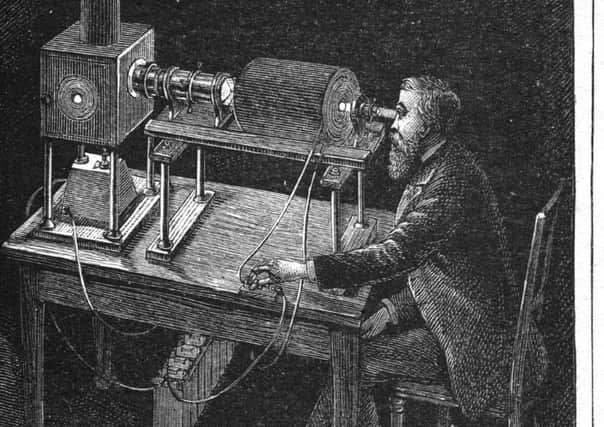We must celebrate the Scot behind ‘most significant event of 19th century’ – leader comment


Albert Einstein was once asked whether his work had been possible because he had “stood on the shoulders of [Isaac] Newton”. “No,” he replied, “on the shoulders of Maxwell.”
The Nobel Prize winner Max Planck declared the Edinburgh-born scientist had “achieved greatness unequalled”, while Richard Feynman, another Nobel laureate, said: “From a long view of the history of mankind – seen from, say, 10,000 years from now – there can be little doubt that the most significant event of the 19th century will be judged as Maxwell’s discovery of the laws of electrodynamics.”
Advertisement
Hide AdAdvertisement
Hide AdNow comes the news that, some 140 years after Maxwell’s death, a new kind of light wave has been discovered by scientists at Edinburgh and Pennsylvania State universities in research based partly on equations that he developed.
Celebrating such a legacy is far from parochial. Scotland should do it on behalf of the whole of humanity.
READ MORE: James Clerk Maxwell: The Scots genius in love with numbers and nature